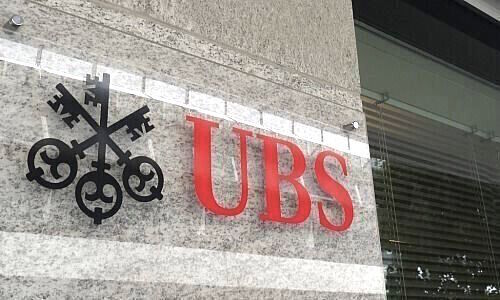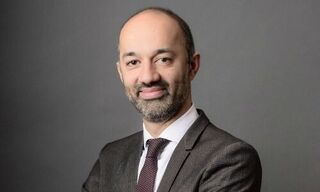While Asia has traditionally been a bright spot for UBS’ wealth management arm, market volatility in the region hit the business and drove both invested assets and fee-generating assets lower.
In the third quarter, UBS Global Wealth Management’s Asia unit saw invested assets drop $37 billion to $546 billion compared to the last quarter.
The Swiss private bank also saw negative flows in fee-generating assets – traditionally a key driver of recurring (around 90 percent in 2020) and transactional income (around 30 percent).
It registered $1.8 billion in negative net new fee-generating assets compared to a positive $3.8 billion in the last quarter with total fee-generating assets decreasing 5 percent to $113 billion.
Market Volatility and Deleveraging
In a webcast on the quarter’s financial results, the bank clarified that turbulence in the market, particularly in Asia, coupled with deleveraging from wealth management clients caused the drop in asset figures.
«On the back of some of the uncertainty towards the end of the quarter which we already saw that coming, we asked some clients to deleveraging and with deleveraging comes the sale of assets,» said group chief executive Ralph Hamers in the webcast, adding that poor market performance also hit invested assets.
For the quarter, UBS’ wealth management unit in Asia saw loans decrease 4 percent to $51 billion, driven by net new loan outflows of $2.2 billion, mostly in Lombard loans.
Still Profitable
Nonetheless, the bank registered pre-tax profit growth in Asia of $293 million – a 3 percent and 14 percent increase compared to last quarter and the same period last year – on lower revenue ($703 million) but even lower costs ($410 million).
And the bank is confident that the business in the region will rebound.
«The way we look at Asia is much more strategic,» Hamers said, suggesting that the asset drop is a short-term blip. «We’ve been there for the last 60 years. We know the wealth pool is large and will grow faster than anywhere else. That’s why we are committed to the region [and] that’s why we think we will bring the numbers back up.»





















